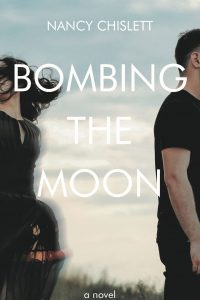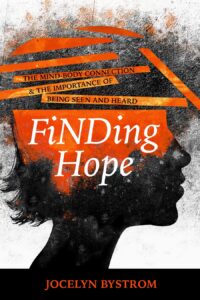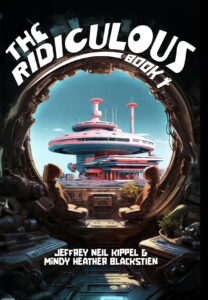by
At 24, Devin Rush’s future is unknown, and his parents don’t support his dreams of becoming a songwriter. Add to that North Korea’s nuclear threats, a corporate world of greed, and impending automation, Devin feels like the world is rigged against him. Conflict boils at home. Devin is jobless and antagonistic. His parents, wondering if he’ll never man-up, fear he’ll depend on them for life. But when Devin’s grandfather gives him a one-way ticket to Nairobi, he’s thrust into a world unlike any he’s ever seen. Stunned by his sudden departure, Devin’s family is pushed further afield of the control they crave. Resentment and guilt nudge his parent’s marriage closer to collapse, and abandonment triggers his sister’s long-buried shame. When Nairobi’s election approaches and tensions erupt, Devin is faced with choices and consequences that are all too real. Bombing the Moon explores the promises and limitations of tough love.
The A3 to Garissa is mostly multi-lane tarmac. The ride starts with killer rain. Past Mount Kenya, where the cocoa-skinned Tana River snakes away from the highway, and the road collapses like soufflé. It’s a muddy basin washed out by the second rainy season. If I drive with two wheels in the weeds, it’s passable. An hour and a half in, the road becomes a million divots. A wash- board. The truck shakes. A green safari vehicle whizzes by, seemingly untroubled by the quake.
"Family Dynamic Falters in Deft Debut.
The esteemed author Barbara Kingsolver once wrote the following about parenthood: “It kills you to see them grow up. But I guess it would kill you quicker if they didn’t.”
Such is the case with the parents in Nancy Chislett’s debut novel Bombing the Moon. It’s an intimate, thought-provoking tale about a family in crisis over their son’s unrepentant behaviour.
A Winnipeg writer, Chislett previously worked as a high school teacher and university administrator of an international student program.
At the outset, Cole and Julia Rush are at their wits’ end. Their 24-year-old son Devin is a high school dropout who refuses to get a job and won’t move out. In addition, he lacks respect for them and eschews communication. Devin wants to be a musician, but Cole and Julia consider this goal impractical. They also worry about their daughter Lily. At 20, she’s a bright, pretty and strong-willed third-year psychology student. But after a shameful incident, she relishes life in the fast lane. Unbeknownst to other family members, Bill, the grandfather, drives Devin to the airport. Devin thinks they are flying to Fargo for a few days; instead, Bill sends Devin off on a one-way ticket to Nairobi, Kenya as a last-ditch effort to smarten him up. With great trepidation, Devin boards the plane without any luggage, except for a Dollarama bag. And almost immediately afterwards, he upchucks. After learning of Devin’s destination, Cole, Julia and Lily go into a tailspin. Julia blames herself for not paying enough attention to Devin while Lily blames herself. In short order, the parents’ marriage unravels, and the household descends into chaos. To make matters worse, the Rushes don’t hear from Devin for over a year, except for a blank postcard from Nairobi addressed to them. Thus, readers must turn the pages of the novel to find out whether Devin will sink or swim.
Set in Winnipeg and Nairobi, the novel is written in the voices of Devin, Cole, Julia and Lily in succinct, lucid prose. In fact, the story is divided into nine chapters, each one consisting of four separate narratives. Much to Chislett’s credit, not only does this technique add to the intensity of the story, but it heightens readers’ attention and forces them to draw their own conclusions.
Throughout the story, Chislett paints a vivid, albeit gritty portrait of the city by means of acute sensory details. In Devin’s words, “Downtown is a prison of noise and confusion, of jangling alarms and the constant grind of narrowly avoiding a sucker’s web. I was swallowed by robes and veils and choked on the airborne dust of dry season.”
Chislett also sets several vignettes in familiar locations within our city, including the Winnipeg Art Gallery, the Exchange District, River Heights and Osborne Village.
Bombing the Moon will strike a familiar chord with readers, especially those who enjoy family stories; in particular, it sheds light on the dynamics between baby boomer parents and their millennial children."










